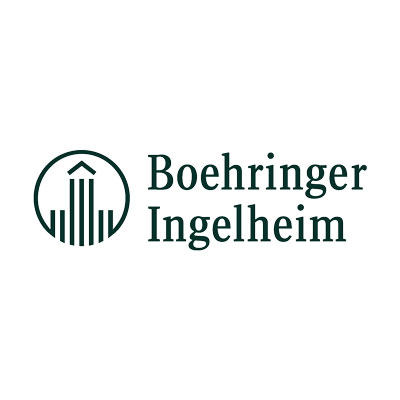Washington, D.C. (September 25, 2019) — The Human Animal Bond Research Institute (HABRI) announced today a new research project to determine the role of pet ownership in predicting trajectories of youth development. Funded by a grant from HABRI, researchers at Cummings School of Veterinary Medicine at Tufts University aim to determine whether there are systematic differences between families who own pets and those without pets with regard to demographics, social environment, and health status, and if these factors predict patterns of pet ownership over time.
“Existing human-animal interaction research is limited in exploring how race, ethnicity, and culture are related to pet ownership, and because the sample analyzed in this study will be nationally representative, we hope to have data on a very diverse group of youth,” said the study’s Principal Investigator, Megan Kiely Mueller, PhD, the Elizabeth Arnold Stevens Junior Professor at Cummings School of Veterinary Medicine. “This research project will capitalize on a rigorous study design, and a measurement model specifically designed for understanding how environmental experiences influence cognitive and social development and health outcomes.”
The goal of the study is to leverage available data from a unique population-based longitudinal study of adolescent development, the Adolescent Brain Cognitive Development (ABCD) study, funded by the National Institutes of Health (NIH), by analyzing pet ownership information to answer key questions about the relationship between human-animal interaction and trajectories of youth development, including social interaction and support, academic performance, mental health and physical activity.
The study includes a baseline cohort of over 11,800 youth enrolled in the ABCD study at 9-10 years of age and their parents/guardians, who will be followed for ten years. In addition to assessing youth development, the study will use the ABCD data to assess if there are systematic differences between families who own pets and those without pets with regard to demographics, cultural/ethnic identity, social environment, and health status and if these factors predict patterns of pet ownership (e.g., stability or changes in pet ownership status) over time. Principal Investigator Megan Kiely Mueller, PhD, expects that analyzing pet ownership data from the ABCD will allow for understanding broad sociodemographic patterns of pet ownership as well as causal relationships between pet ownership and trajectories of youth development.
“HABRI is proud to be supporting this high-impact research that has great potential to fulfill the need for more longitudinal, nationally-representative data in the field of human-animal interaction,” said Steven Feldman, Executive Director, HABRI. “We hope this study will help us gain further insight into the factors that influence pet ownership, while also building on existing science that supports a positive relationship between pet ownership and youth development.”
About HABRI
HABRI is a not-for-profit organization that maintains the world’s largest online library of human-animal bond research and information; funds innovative research projects to scientifically document the health benefits of companion animals; and informs the public about human-animal bond research and the beneficial role of companion animals in society. For more information, please visit www.habri.org.
Contact
Jamie Baxter
jamie@theimpetusagency.com
775.322.4022
###





